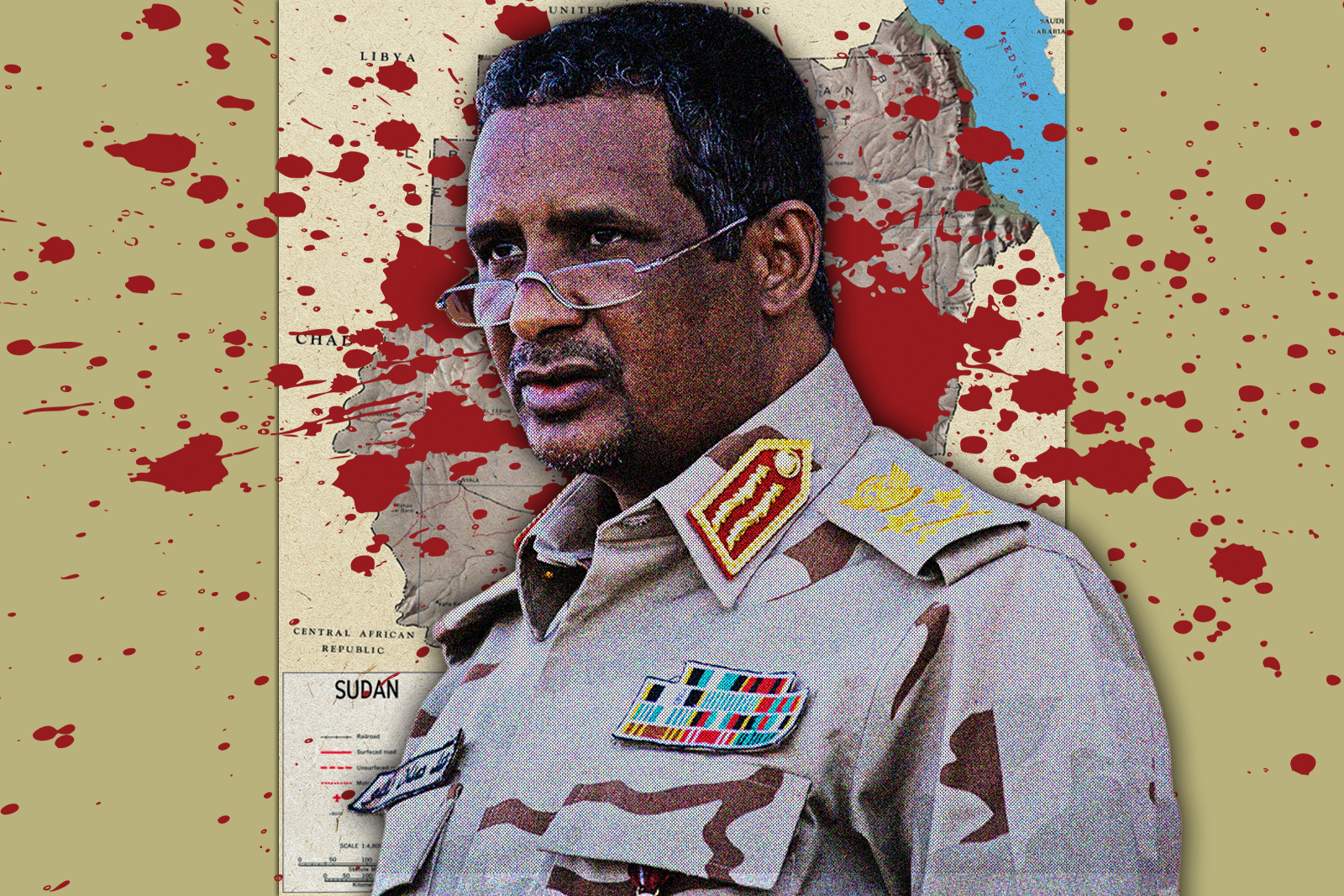
Sudanese Suffer as Fighting Rages on Amid Failed Ceasefires
Heavy fighting resumed between forces loyal to Sudan’s army and the paramilitary Rapid Support Forces (RSF) following a 72-hour ceasefire. The ceasefire was announced by mediators from the United States and Saudi Arabia. The ceasefire was intended to be nationwide and came into effect on Sunday. As reported by Reuters, there were numerous reports of violations of the ceasefire.
“The ceasefire was the latest of several truce deals brokered by Saudi Arabia and the United States at talks in Jeddah. As with previous ceasefires, there were reports of violations by both sides. Late on Tuesday, both factions blamed the other for a large fire at the intelligence headquarters, which is housed in a defence compound in central Khartoum that has been fought over since the fighting erupted on April 15,” Reuters reported.
This was the eighth ceasefire attempt, and it stands to reason that this will not be the last. The fighting between the army and the paramilitary RSF has forced more than 2.2 million people from their homes and caused an acute humanitarian crisis. Sudan was plunged into chaos in mid-April when a deepening power struggle between de facto ruler Abdel Fattah al-Burhan and RSF commander Mohamed Hamdan Dagalo, commonly known as Hemetti, disintegrated into an all-out conflict. Now, it is the Sudanese who are suffering the most and there seems to be no solution in sight.
The conflict between the Sudanese army and the RSF is rooted in a complex political and power struggle within Sudan. The RSF, also known as the Janjaweed militia, was originally formed to combat rebel groups in the Darfur region. Over time, the RSF grew in influence and power, becoming a formidable paramilitary force.
Tensions between the Sudanese army and the RSF escalated following the overthrow of President Omar al-Bashir in April 2019. The RSF, led by Hemetti, played a significant role in the ousting of Bashir. However, disagreements emerged over the transitional government’s composition and the distribution of power between the military and civilian factions.
The Sudanese army, under the leadership of al-Burhan, sought to retain significant influence in the transitional period, while the RSF aimed to secure its own political and economic interests. This power struggle has led to intermittent clashes and tensions between the two forces.
The conflict between the Sudanese army and the RSF has been marked by years of power struggles, countless human rights abuses, and numerous accusations of violence against civilians. There have been reports of clashes in various parts of Sudan, including Khartoum, where deadly air attacks have intensified the conflict.
Efforts to resolve the conflict have involved mediation by regional and international actors, including the United States and Saudi Arabia, as seen in the announcement of the latest ceasefire agreement. However, the underlying political and power dynamics between the Sudanese army and the RSF continue to pose challenges to achieving a lasting resolution.
Unfortunately, the conflict has had severe consequences for the civilian population of Sudan. In this conflict, the real victims are the ordinary Sudanese people who have been caught in the crossfire and subjected to violence, displacement, and human rights abuses.
Civilians living in conflict-affected areas have faced direct attacks, including indiscriminate shelling, air strikes, and armed confrontations between the Sudanese army and the RSF. These attacks have resulted in civilian casualties, causing immense suffering and loss of life.
Another significant consequence of the conflict lies in the fact that many Sudanese civilians have been forced to flee their homes and communities due to the fighting, seeking safety in other regions within Sudan, or becoming refugees in neighboring countries. This displacement disrupts their lives, leaving them without access to basic necessities, such as shelter, food, clean water, and healthcare.
Furthermore, the conflict has had a detrimental impact on the social and economic fabric of affected communities. Schools, hospitals, and other critical infrastructure have been damaged or destroyed, depriving civilians of essential services. The disruption of livelihoods, agricultural activities, and trade has resulted in economic hardships and food insecurity for many vulnerable populations.
Human rights abuses have been reported by various human rights organizations, including allegations of arbitrary arrests, torture, sexual violence, and forced disappearances. These abuses have further compounded the suffering of the civilian population and have created an atmosphere of fear and insecurity.
It is important to recognize and address the plight of these innocent civilians who are the true victims of the conflict. Efforts to bring about peace, protect human rights, and ensure access to humanitarian aid and assistance are crucial to alleviate the suffering of those affected by the conflict between the Sudanese army and the RSF.
